STRESS! It’s your body’s response to pressures and changes in your life that often produces an emotional and physical reaction. Working under a tight deadline? Starting a new job? Going to a new school? Dealing with a family crisis?
Although stress may not cause your skin issue, it can aggravate problems you’re already dealing with. Too much stress can trigger autoimmune issues and lead to flare-ups for conditions such as:
- Acne
- Psoriasis
- Rosacea
- Eczema
- Alopecia
- Vitiligo
- Hives
Knowing why your skin may be reacting to stress doesn’t really change the fact that you’re stressed. Adopting healthy habits can go a long way to managing stress levels and stress-induced skin conditions. Here are a few things to try:
Maintain a healthy skin care routine
If you’re stressed, you might skimp on part of your skin care routine. We strongly recommend against this as it’s really a detrimental idea that will aggravate your skin issues, making them worse.
Stress management is important, but so is your regular skin care. Stick to what you know works. Need an effective skin care routine? Schedule an appointment with us; we’ll work with you to create a personalized routine to help you control any skin issues and keep your skin looking its best.
Get some exercise
Regular exercise is one of the best stress busters you can and should incorporate into your daily life. It lowers stress hormone levels, like cortisol and adrenaline, and stimulates your endorphins. Exercise increases energy levels.
This doesn’t mean you have to spend all day in the gym; you can start with a walk or run. There are lots of podcasts and exercise apps that make exercising fun and effective at getting out of your head and reducing your stress.
Get enough sleep
Sleep is critical for your overall health, and it’s particularly important for reducing your stress levels. But, when you’re under stress and more anxious than normal, it can be harder to fall asleep and stay that way. The best approach is to create a reliable, calming bedtime routine.
Incorporate stress management techniques
You may not be able to avoid stress, but you can change how you react to it. Try incorporating meditation, guided imagery, deep breathing exercises, or yoga.
The bottom line
Reducing your stress is important for decreasing skin symptoms. We’re here to help. Please feel free to contact us to make an appointment to address skin issues.

